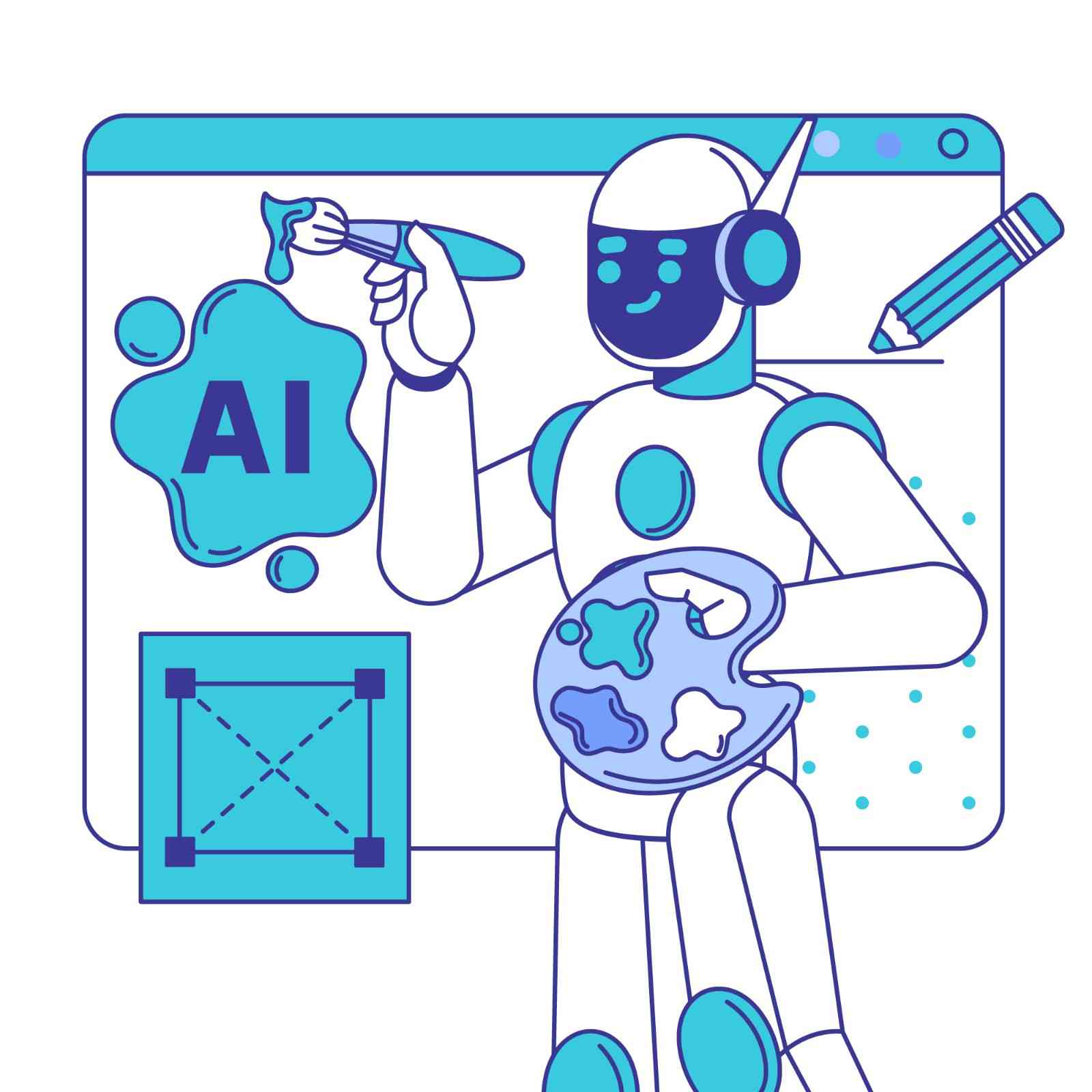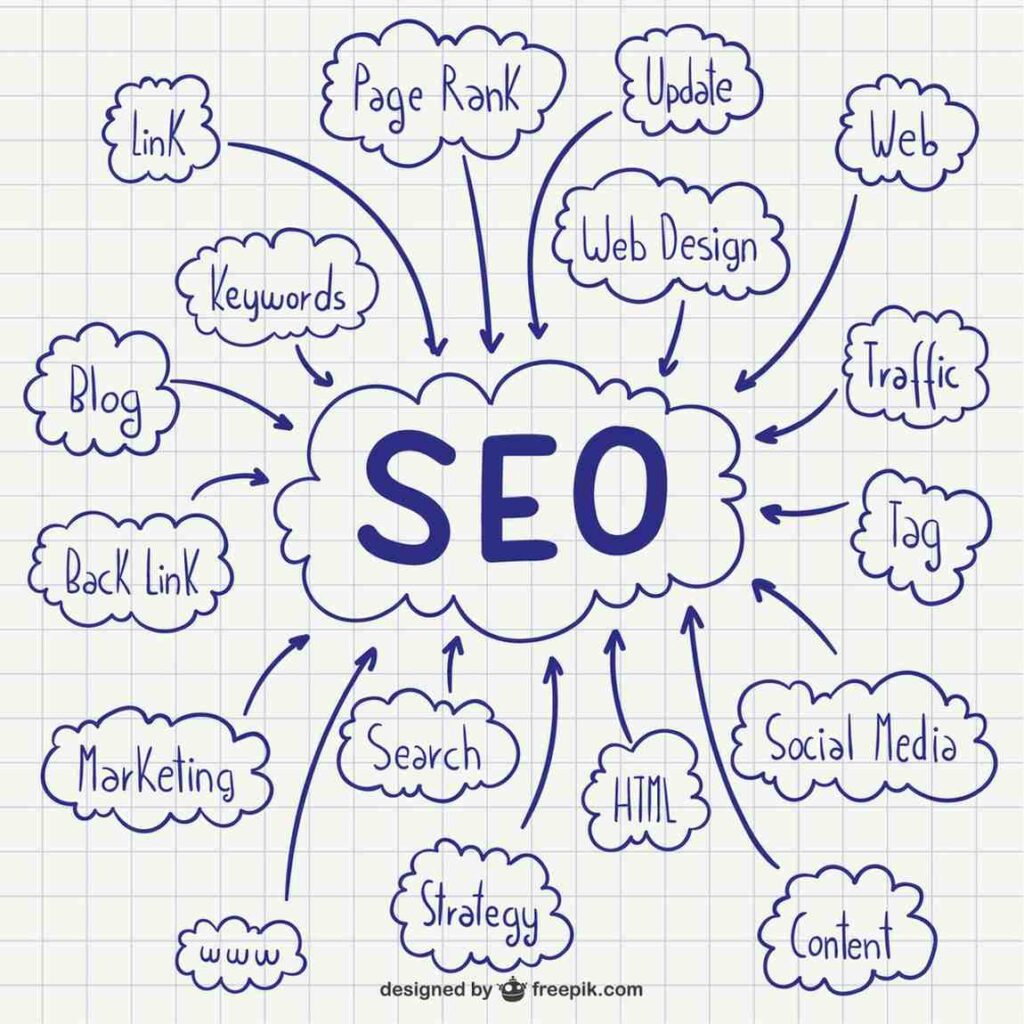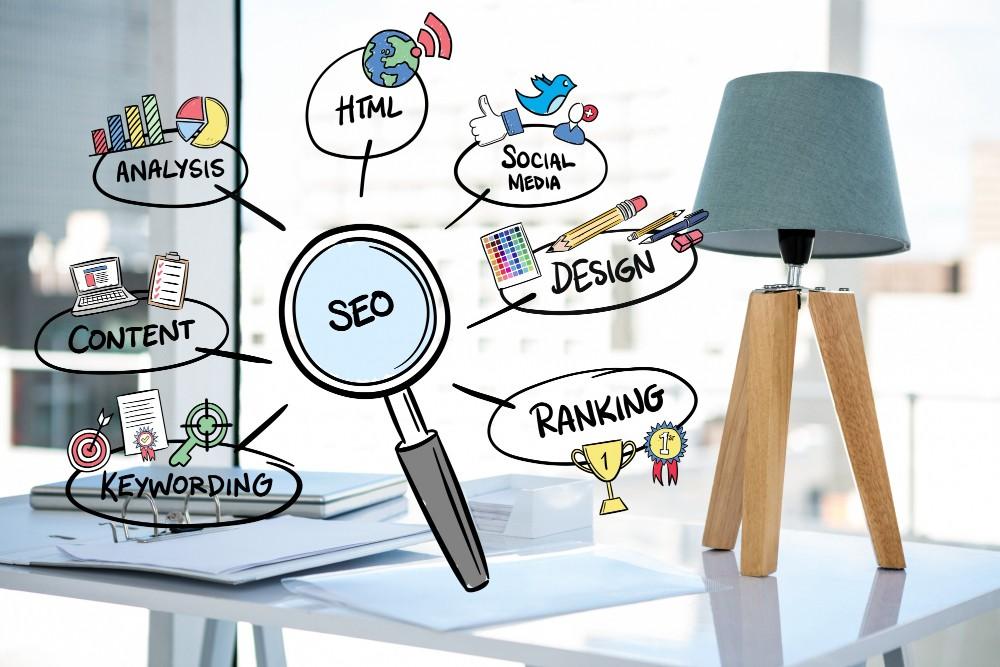It’s no longer a question of if artificial intelligence will impact SEO, it’s already happening. But while many marketers still talk about AI tools as optional sidekicks, a new term is gaining serious traction: AIO Artificial Intelligence Optimization. AIO isn’t about using AI to do SEO faster. It’s about optimizing for AI-driven environments particularly for how content is interpreted, ranked, and distributed by machines.
This blog breaks down exactly what AIO means for SEO, why it matters more than ever in 2025, and how digital marketers can shift strategies to stay visible in an AI-first world.
What Is AIO in SEO?
Artificial Intelligence Optimization (AIO) refers to the strategic process of creating content and online experiences specifically tailored for AI systems not just human users. That includes:
- AI-powered search engines (like Google’s SGE or Perplexity)
- Chatbots and virtual assistants
- Generative search results
- Voice search interfaces

Unlike traditional SEO, where the aim is to rank on static SERPs for keyword queries, AIO prioritizes how AI interprets, summarizes, and delivers content through dynamic, conversational formats
Why AIO Matters Now
Here’s the reality: search results are no longer a list of ten blue links. They’re summaries. Snapshots. Generated responses. you’re unnoticeable, If your content can’t be understood and trusted by an AI.
By 2025, further than 60 of internet users calculate on AI- generated answers for product opinions, legal exploration, health advice, and indeed news. This shift forces businesses and generators to move beyond keyword filling and suppose in terms of AI compatibility.
Key AIO Drivers:
- Google’s Search Generative Experience (SGE)
- Bing’s AI Chat + Search Merge
- Perplexity, You.com, and other answer engines
- AI assistants (like ChatGPT, Gemini, and Claude) used for daily queries
These platforms don’t reward content that ranks they reward content that can be confidently cited, summarized, and trusted.
How AIO Is Rewriting SEO Rules
Let’s take a closer look at how AIO reshapes some foundational SEO tactics:
1. E-E-A-T Becomes Non-Negotiable
AI models don’t just look at what’s written they assess who wrote it, why it exists, and whether it can be trusted. To appear in AI-generated responses, your content must reflect:
- Expertise
- Experience
- Authoritativeness
- Trustworthiness
That means showcasing credentials, citing sources, and building a consistent author profile across platforms.

2. Search Intent → Information Intent
Instead of thinking “What keywords is my user searching for?”, AIO asks, “What kind of question is the AI trying to answer with my content?”
Example:
Instead of targeting “best CRM for small business,” your content should answer:
- “Which CRM is most recommended for small service-based businesses?”
- “What CRM integrates with QuickBooks?”
This shift requires content that’s deeply contextual, not just keyword-aligned.
3. Structured Data and Schema: No Longer Optional
AI needs structured context. If your site lacks schema markup (especially for reviews, FAQs, products, organizations, and articles), it’s less likely to be cited or pulled into AI answers.
4. Answer-First Content Wins
AI summarizers skim for direct answers, not clever intros. That means:
- Start content with the key takeaway.
- Use question-based subheadings.
- Use bullet points and numbered lists for clarity.
AIO Content Strategy: What to Do Differently
1. Create “Citation-Worthy” Content
AI models don’t randomly guess answers they cite sources. So aim to create pages that sound like something an AI would quote.
This means:
- Deep, well-organized content with clear value.
- Internal linking between related topics.
- Outbound links to authoritative sources (Google likes when you give credit).
A Digital Marketing Agency in Kerala that wants to remain relevant in 2025 must start treating each page like a source for AI citation not just a traffic magnet.
2. Prioritize Clarity and Context
Use short paragraphs. Explain concepts in simple terms. And include definitions for industry-specific terms even if your audience already knows them.
Why? Because AI rewards content that’s clear and accessible to all users.
3. Build Digital Authority Outside Your Website
Your social profiles, YouTube channel, podcast appearances, Quora answers. These all matter in the AI world. Models pull data from multiple sources to verify trust and authority.
This is especially crucial for any Digital Marketing Agency in Thrissur trying to compete in a local market. your authority now extends far beyond your website.

What AI-Optimized SEO Looks Like in Practice
Let’s take two examples.
Old SEO Approach
Title: “ Top 10 CRM Platforms in 2025 ”
Intro: “ In now’s quick- paced world, managing client connections is vital”
Format: List of platforms with bullet points.
AIO- Optimized Approach
Title: “ Best CRM for Small Service Businesses( 2025 Expert Guide)”
Intro: “ The Best CRM for a small service business in 2025 is Zoho CRM due to its cost, integrations, and robotization tools ”
Format: Answer first, detailed breakdown, comparison table, testimonials, schema markup.
This format is skimmable, answerable, and cite worthy a win for AI systems.
Challenges of AIO (and How to Navigate Them)
Of course, adapting to AIO isn’t without friction.
AI Misquotes or Omits You
Even with great content, AI models sometimes overlook your site. The solution? Increase topical authority by creating clusters around your core niche.
Voice Search Conflicts
AI search must also account for voice queries which are more conversational. This requires a shift in tone: use more natural phrasing and include common questions in H2s.
Over Optimization Temptations
It might seem tempting to over structure your content or repeat key phrases. But AI isn’t fooled by repetition it looks for depth and context. Focus on substance.
Who Needs to Prioritize AIO Right Now?
- Local businesses who depend on search based discovery
- B2B brands building thought leadership
- Legal, health, and finance firms (where trust is critical)
- Educational content creators
- Agencies building SEO strategies for clients in competitive niches
In short? Everyone who wants to stay discoverable in 2025 and beyond.

Where AIO Is Headed: The Next 12 Months
- AI First Search Engines will continue replacing classic SERPs.
- Synthetic summaries will become the default way people consume content.
- Model training will prioritize accuracy and traceability increasing the importance of citation-worthy content.
- Brands who adapt early will dominate visibility across AI tools, not just Google.
Conclusion: It’s Time to Rethink SEO
Artificial Intelligence Optimization isn’t a buzzword. It’s a survival strategy.
If your SEO still focuses solely on search engines, you’ll be missing out on millions of interactions happening inside AI tools, apps, and platforms. The new reality? You don’t just need to rank you need to be understood, trusted, and quoted.
By aligning your strategy with AIO principles and creating content designed for both humans and machines you position your brand to thrive in a world where AI sits between your business and your customer.
